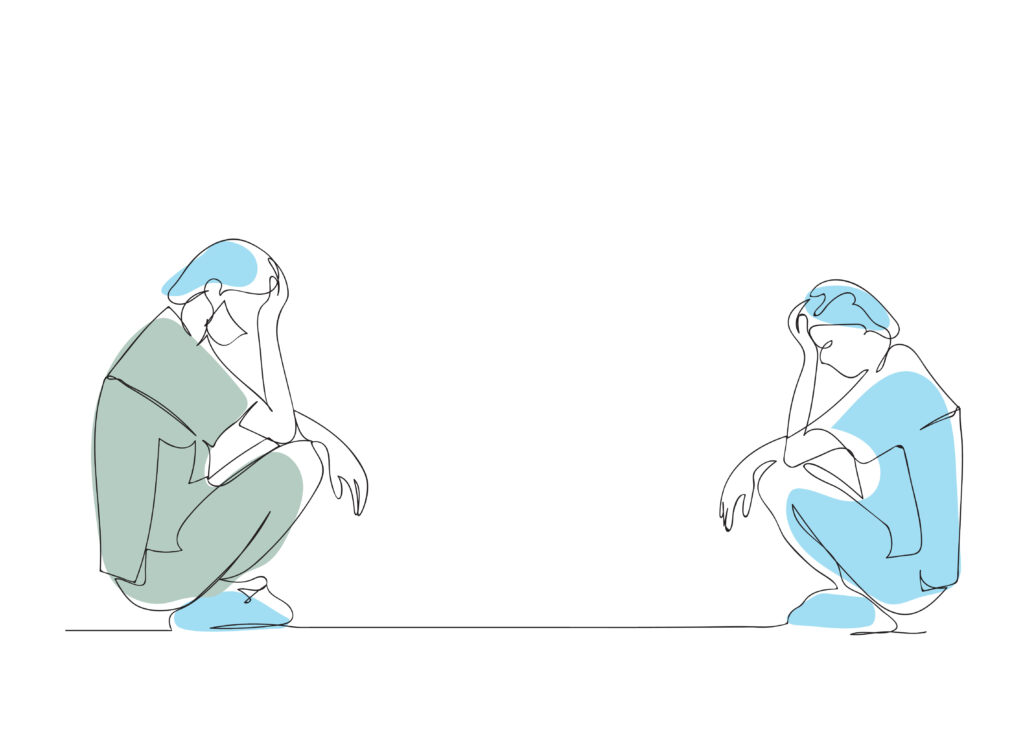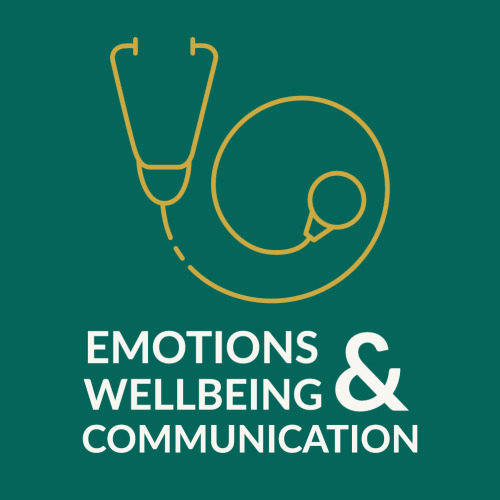How do Swiss junior physicians experience and
cope with moral distress?

A new study led by Prof. Sofia Zambrano will seek answers to this question. The study was one of four applications selected for funding by the Swiss Academy of Medical Sciences through the KZS Fund in 2022. This mixed-methods, Swiss-wide study will be conducted in partnership with Prof. Sven Streit from BIHAM, and in collaboration with Dr. Insa Koné (University of Basel), Dr. Christine Roten (Inselspital), and Dr. Martin Perrig (Inselspital).
Study aims: The study will explore the extent to which Swiss junior physicians experience moral distress, the sources of moral distress, and the impact of moral distress in their personal and professional lives. The study also aims to identify potential solutions that can be implemented to improve junior physicians’ moral strength, resilience, ethical competence, and their wellbeing at an individual but also at a systemic level.
Moral distress and physicians: In the context of their work, physicians are consistently faced with pressure to make high stake decisions in situations involving challenging moral dilemmas. When unsolved, these moral dilemmas can lead to stress reactions. In addition, even when physicians know appropriate courses of action, rigid institutional structures can lead them to act against their principles and judgement thus causing high levels of moral distress. For junior physicians, these challenges are even greater, as in a context of high responsibility for their patients, their stress and moral conflicts are intensified by a lack of experience, by the need to adjust to existing hierarchies, and by having to act on decisions made by their seniors.
Impact of moral distress: Moral distress has been associated with burnout, with an intention to leave the job or the profession, and with destructive behaviours. It has also been found to affect patient care, thus causing a large burden not only at a personal level on physicians’ lives, but also on the health system.
The need for Swiss research: The extent to which junior physicians face moral distress in their day-to-day practice remains unknown in Switzerland and since it is dependent on cultural and institutional structures, a closer investigation within the different contexts of practice of Swiss junior physicians is relevant.
Study relevance: Our findings will contribute to improving not only physician wellbeing, but to establish measures to support the retention of the medical workforce, as well as to improve patient care. Furthermore, the study results will contribute to understanding how to make healthcare contexts, such as hospitals, more open to the experience of moral distress of physicians and other health professionals. This should lead to professional relationships that are more authentic and ethical, not only with patients, their families, but also among colleagues and in the physicians’ own lives. Thus, the projects will contribute to improve patient care and to how health professionals gain skills to deal with this aspect of their practice.

We will update this webpage with more information about the study. If you would like additional information or would like to participate, please contact us!
